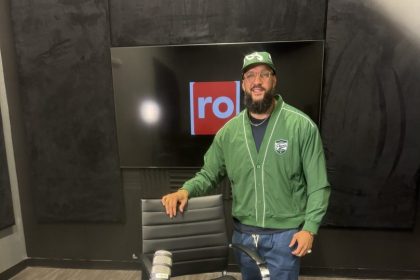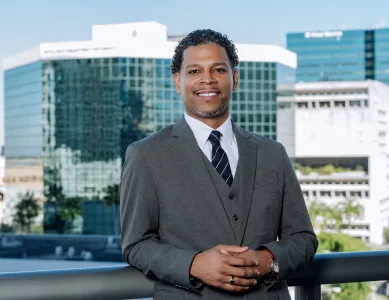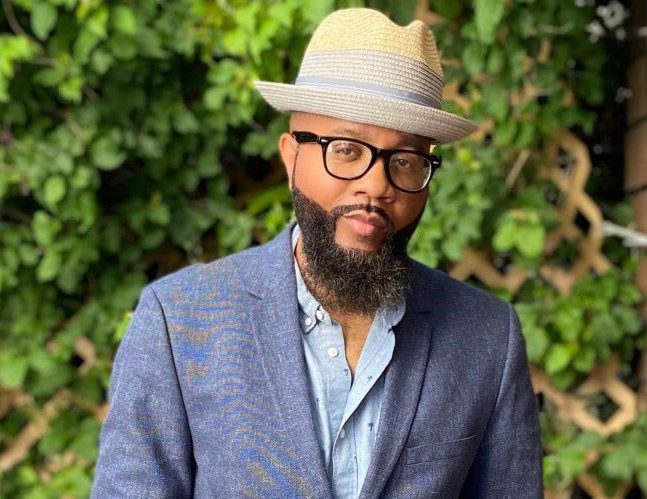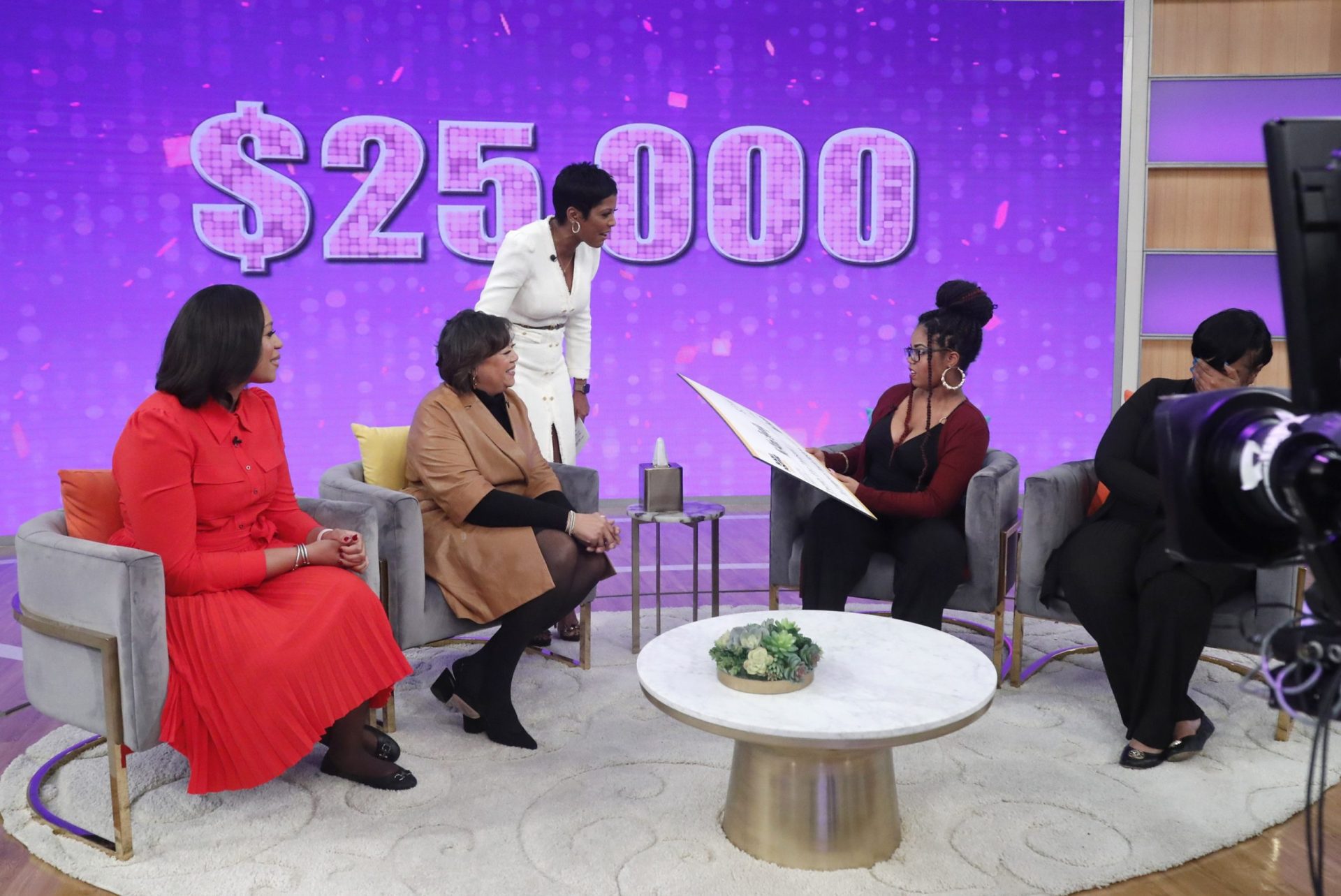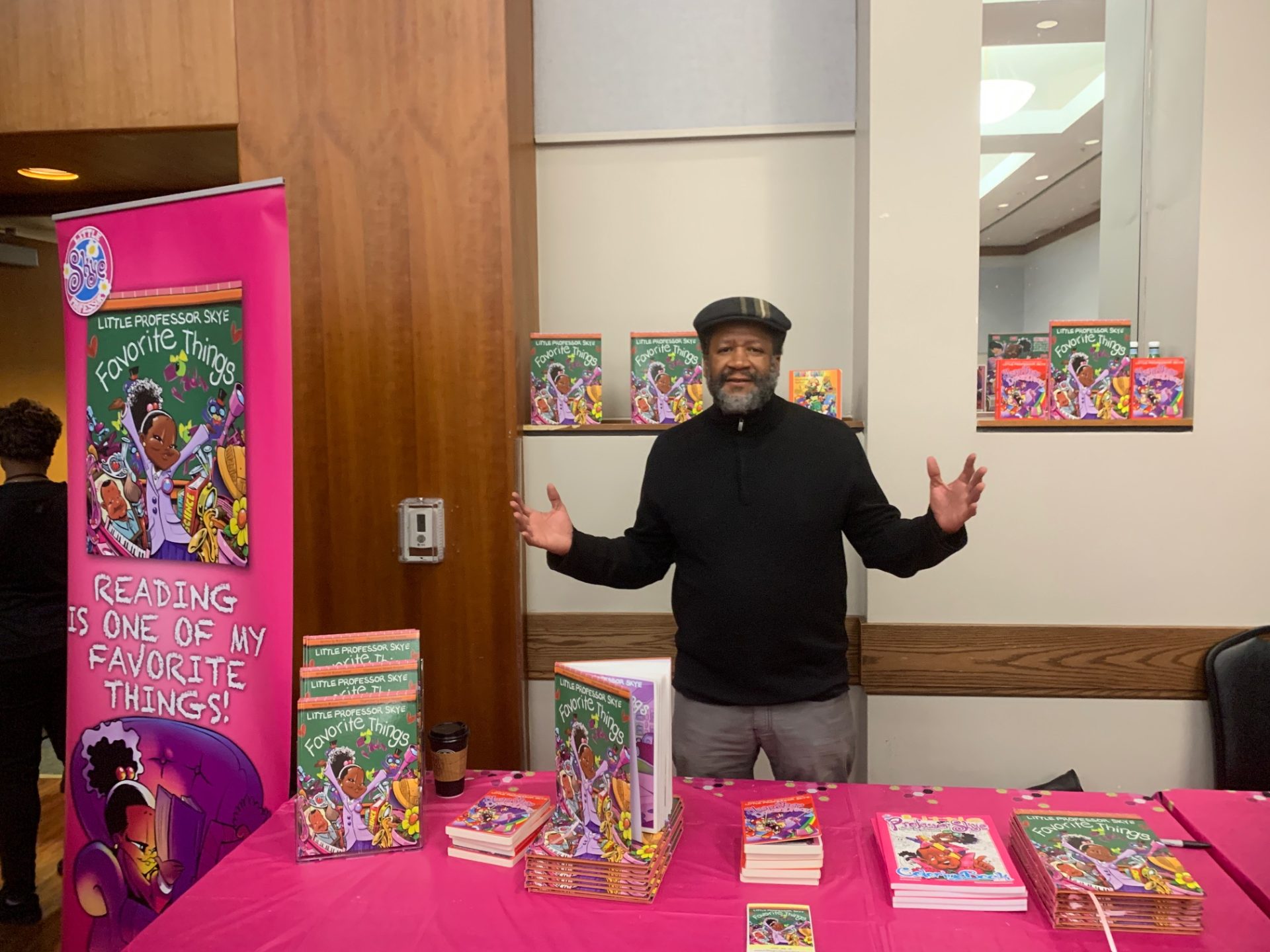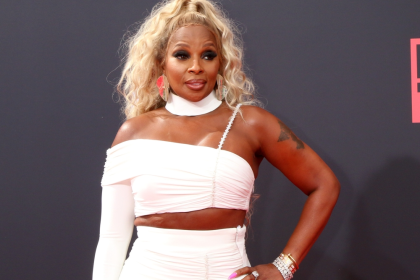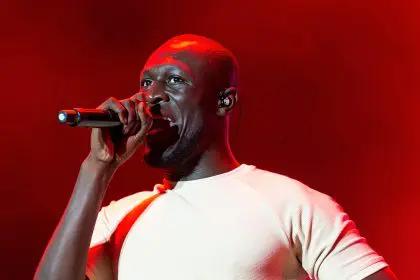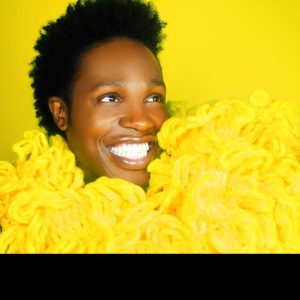
Within two years, Arva R. Rice, president and CEO of the New York Urban League (NYUL), has helped advance the 91-year-old civil rights organization with the launch of several initiatives. One of those projects includes establishing the Girls Empowerment Day and a four-year $50,000 college scholarship in partnership with music icon, Mary J. Blige’s Foundation For the Advancement of Women Now (FFAWN). Such successes ensure that NYUL is meeting its goal of eliminating economic and educational obstacles for African Americans and other underserved populations.
Rolling out spoke with the 15-year nonprofit veteran about career tips for nonprofit professionals, the Urban Jobs Act and how NYUL keeps participants engaged.
What do you recommend as the best way to enter and advance within the nonprofit field?
One key is to become familiar with the nonprofit world through volunteering. Make sure your experiences range from working directly with participants to accounting and fundraising. I recommend taking as many courses as you can to broaden your skill set. As in any industry, relationships and networks are also key.
How has the recent study showing that there is a major wealth gap between whites and communities of color impacted the strategy of your goals and programs so that they are as effective as possible?
We are working with Senator Kirsten Gillibrand, Rep. Charles Rangel and others to pass the Urban Jobs Act. This would provide an initial $20 million in grants to national nonprofit organizations, and then an additional $10 million over four years, in partnership with local community groups, to provide job training for at-risk minority youth, ages 18 to 24. During these tough economic times, we continue to look for creative partnerships with government, public agencies and private entities to help develop and fund crucially important social programs.
What strategies do you employ to increase retention of your participants?
Keeping those we serve engaged is a combination of providing high-quality programming and regularly engaging participants in developing their own solutions. For our annual meeting, we did a community survey of our membership, young professionals, and the community at large to help us develop our education agenda. Youth in our summer program on Staten Island developed their own community needs assessment to determine the needs of community members 12 to 25 years of age. Their findings on violence in the community will help shape the Urban League’s community safety agenda this fall.


